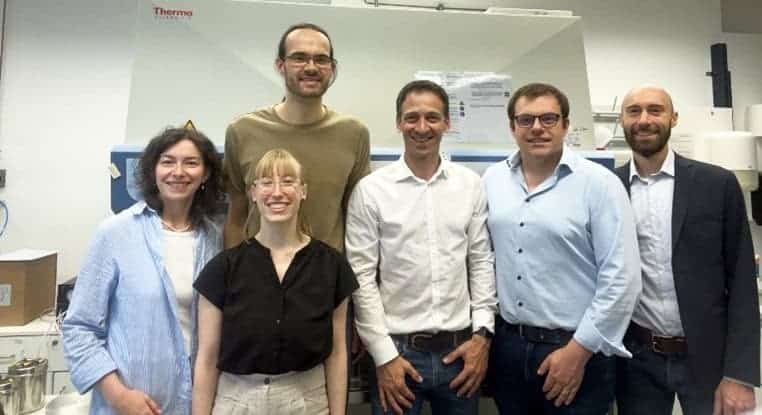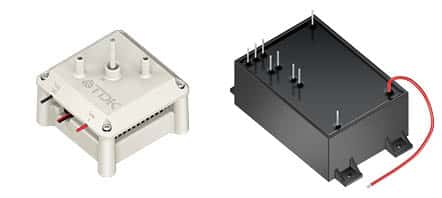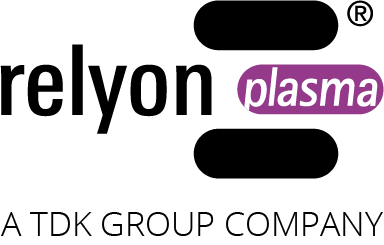MediPlas ozone generator at the Helmholtz Center for Infection Research
Infectious diseases and the resulting threats pose major challenges for the world in the 21st century. This is why the Helmholtz Center for Infection Research conducts translational research into one of the greatest health threats of our time. The main focus here is on researching innovative ways of combating viruses and bacteria and transferring them into application. In collaboration with relyon plasma, the disinfecting and sterilizing effect of plasma is now being investigated in infection research using the MediPlas ozone generator.
Regensburg. At the beginning of July, a team from relyon plasma handed over the MediPlas demonstrator to Prof. Slevogt’s “Dynamics of Respiratory Infections” working group at the Helmholtz Center for Infection Research (HZI) in Braunschweig. The aim of the cooperation is to analyze the safety of the application of cold plasma on the human lung epithelium using complex cell culture models.

Research Group Dynamics of Respiratory Infections
Several chronic inflammatory diseases of the lung have recently been linked to changes in the composition of the airway microbiome. However, the interaction between the lung microbiota and the airway epithelium as well as their interactions with lung pathogens have not yet been sufficiently investigated. Prof. Slevogt’s team is therefore investigating the host-pathogen interactome and clarifying the mechanisms of the immune response and its control. One starting point here is the use of cold atmospheric plasma.
Disinfection and sterilization with the MediPlas ozone generator
The MediPlas demonstrator consists of the plasma components MediPlas Reactor and MediPlas Driver, which together form a high-performance ozone generator. In the MediPlas Reactor, a non-thermal, cold atmospheric plasma generated by a dielectric barrier discharge is ignited. The system emits reactive species composed of ozone, nitrogen oxides and peroxides. The composition varies greatly depending on the selected process parameters, so that these can be optimally adapted to the respective process.
This mixture of substances has a disinfecting or even sterilizing effect. The most important thing here is that the mixture of substances combats as many pathogenic bacteria and viruses as possible without damaging the surrounding tissue. Prof. Slevogt’s team is now investigating this effect in connection with respiratory infections.


“By working together and providing our MediPlas demonstrator, we want to make a small contribution to infection research and contribute to the success of the research project,” Florian Freund, Managing Director of relyon plasma GmbH, summarizes the cooperation. “We are delighted to have found such a competent partner for plasma applications in relyon plasma,” concludes Prof. Hortense Slevogt.
About Prof. Slevogt’s research group
Prof. Slevogt is a Clinician Scientist and heads the research group “Dynamics of Respiratory Infections” at the HZI in Braunschweig in addition to her work as a senior physician for clinical infectiology at the Hannover Medical School. Of particular interest to her research are the interactions of pathogenic and commensal bacteria with the mucosal surfaces of the lung and how pathogenic mechanisms can be modulated by commensal microbes in different clinical situations.
You can download the press release here.




